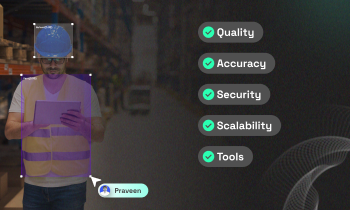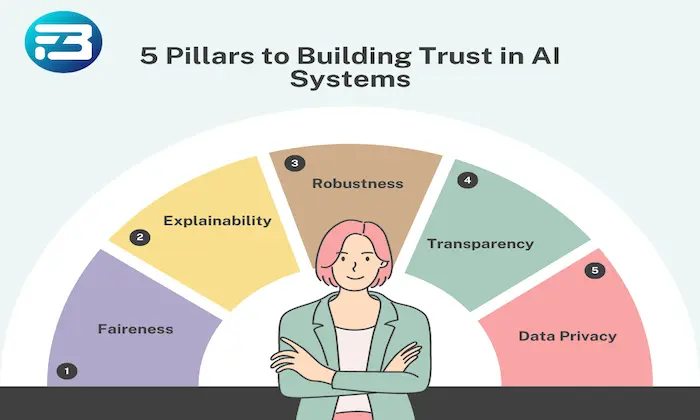What is accent bias in speech recognition?
Speech Recognition
Linguistics
Speech AI
Accent bias in speech recognition refers to the tendency of automatic speech recognition (ASR) systems to perform less effectively when processing speech from speakers with accents not well-represented in the system's training data. This bias can result in higher error rates and misinterpretations, impacting the accessibility and effectiveness of voice-activated technologies for diverse populations.
Why Accent Bias Matters
Understanding and addressing accent bias is crucial for several reasons:
- User experience: When ASR systems fail to accurately recognize certain accents, user interactions can become frustrating, leading to inefficiencies and dissatisfaction.
- Market reach: By supporting a diverse range of accents, companies can widen their customer base and improve user engagement.
- Ethical responsibility: Ensuring fair and equitable technology use is increasingly seen as a moral obligation, making it essential for developers to create inclusive systems.
How Accent Bias Occurs
Accent bias primarily stems from the composition of training datasets:
- Training data representation: If a dataset predominantly includes speakers from certain demographic or regional backgrounds, the model will struggle with underrepresented accents.
- Phonetic feature variation: Accents often involve distinct phonetic patterns. Models trained without sufficient exposure to these variations may misinterpret or overlook them.
- Language model limitations: Language models predicting likely word sequences may favor standard dialects, failing to accommodate pronunciation variations.
Strategies for Mitigating Accent Bias
To develop ASR systems that are more inclusive and effective, consider these strategies:
- Enhance dataset diversity: Collect data from a wide range of accents and dialects to ensure comprehensive training. This could involve partnerships with community groups to source diverse voice samples.
- Inclusive annotation practices: Work with annotators familiar with different accents to accurately capture and label speech nuances.
- Implement adaptive learning systems: These systems incorporate ongoing speech data, allowing the model to evolve and improve its handling of various accents over time.
Real-World Impacts and Use Cases
Accent bias can have notable effects in various sectors:
- Customer service: Misunderstandings due to accent bias can lead to poor service experiences and customer frustration.
- Healthcare: Inaccuracies in speech recognition can hinder patient communication, potentially affecting diagnosis and treatment.
- Navigation systems: Users with diverse accents might face difficulties in receiving accurate directions, impacting the usability of navigation aids.
Frequent Mistakes in Addressing Accent Bias
Organizations often make several errors when tackling accent bias:
- Underestimating data needs: A small sample of diverse accents is insufficient. Comprehensive representation requires significant contributions from varied speakers.
- Neglecting user feedback: Failing to engage users from diverse backgrounds during testing phases can result in persistent bias.
- Ignoring continuous learning: Language and accents evolve. Continuous model updates and learning are essential for maintaining high accuracy.
Conclusion
Accent bias in speech recognition is a complex challenge that demands a deliberate approach to data collection, model training, and user engagement. By embracing inclusive practices and committing to ongoing improvements, AI engineers and product managers can enhance ASR systems for all users, fostering a more equitable digital landscape.
FAQs
Q. How can organizations improve the representation of accents in ASR training data?
A. Organizations can improve accent representation by partnering with community groups, sourcing data from diverse speakers, and employing adaptive learning to continuously update models with new speech data.
Q. What are the ethical implications of accent bias in voice technologies?
A. Accent bias can marginalize users with non-standard accents, leading to exclusion from essential services and perpetuating inequalities in technology access. Addressing this bias is crucial for developing fair and equitable AI systems.
What Else Do People Ask?
Related AI Articles
Browse Matching Datasets
Acquiring high-quality AI datasets has never been easier!!!
Get in touch with our AI data expert now!








